PM Modi's Asian outreach: A strategic counter to China's rise
- Rommel Rodrigues
- Sep 08, 2024
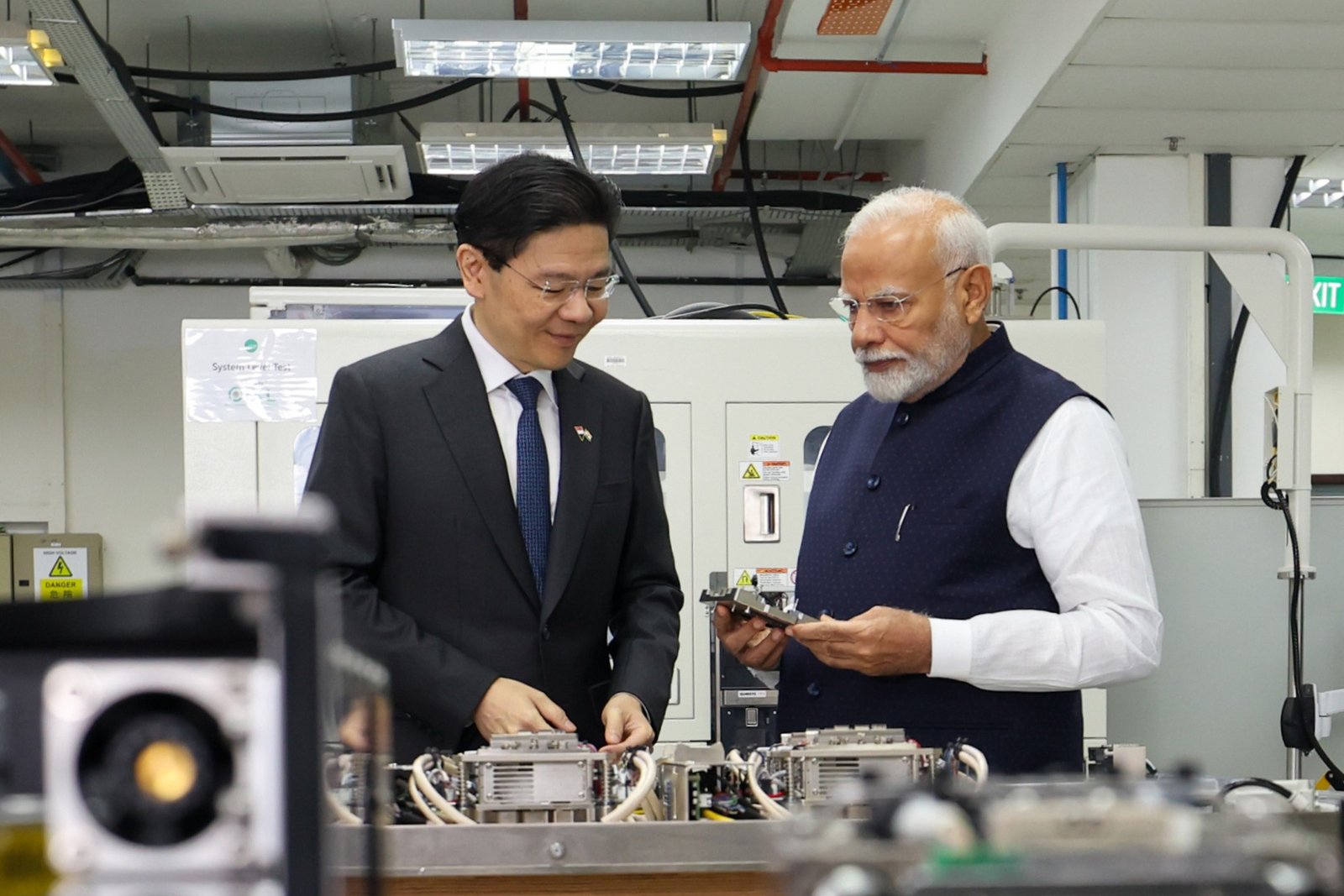
Singapore's PM Lawrence Wong with PM Modi visiting a semiconductor facility
MUMBAI: In an era defined by shifting geopolitical dynamics, Prime Minister Narendra Modi's proactive Asian outreach stands as a critical pillar in India's strategy to counterbalance China's growing influence in the region. As Beijing expands its economic and military footprint through initiatives like the Belt and Road Initiative (BRI), PM Modi's government has embarked on a diplomatic mission to strengthen ties with neighbouring countries, fostering a collective response to the challenges posed by China.
Many of our neighbouring nations, despite their reservations about China, find it difficult to turn away from the economic opportunities that come with Chinese investments and China's economic clout and strategic investments in neighbouring countries pose significant hurdles for India and PM Modi's outreach is an effective and nuanced strategic counter to counter China's rising influence.
At the heart of Modi's outreach is the recognition that India's security and economic interests are inextricably linked to its neighbours. In recent years, Modi has focused on enhancing bilateral relationships through high-level visits, strategic partnerships, and regional forums. Whether it’s through the Act East Policy or participation in multilateral gatherings like the Quad, Modi’s approach underscores a commitment to forging deeper ties with Southeast Asian nations, Japan, Australia, and even extending to Central Asian republics.
One of the most significant aspects of Modi's strategy is the emphasis on economic cooperation. By offering alternatives to Chinese investments, India aims to present itself as a viable partner for countries wary of becoming overly reliant on Beijing. The recent emphasis on infrastructure development and trade agreements with countries like Vietnam, Indonesia, and the Philippines reflects a calculated effort to enhance India’s economic footprint in the region. Initiatives such as the India-ASEAN Free Trade Agreement have been revitalized, with India seeking to increase its exports and attract foreign investments.
Moreover, Modi's outreach is not merely economic; it is also deeply rooted in security concerns. The rising assertiveness of China in the South China Sea and its border disputes with India have necessitated a more robust regional security architecture. The Quad alliance, comprising India, the United States, Japan, and Australia, has emerged as a crucial platform for enhancing maritime security and countering China’s maritime expansion. Through joint military exercises and intelligence sharing, these nations are working towards a common goal of maintaining a free and open Indo-Pacific.
Culturally, Modi's government has sought to leverage historical ties and shared values to strengthen relationships with Asian nations. Initiatives promoting Buddhism, cultural exchanges, and people-to-people connections aim to forge a sense of kinship that transcends mere political and economic alliances. By positioning India as a leader of the Global South and a proponent of a multipolar world, Modi is crafting a narrative that resonates with many Asian nations looking for an alternative to Chinese hegemony.
By fostering economic cooperation, enhancing security partnerships, and strengthening cultural ties, India is positioning itself as a key player in the region. As the geopolitical landscape evolves, the success of Modi's initiatives will largely depend on India's ability to navigate complex relationships while remaining steadfast in its commitment to a stable and prosperous Asia that respects the sovereignty of all nations. As we look ahead, the need for a balanced approach to power dynamics in Asia has never been more critical, and Modi's vision will play a pivotal role in shaping the future of the region.



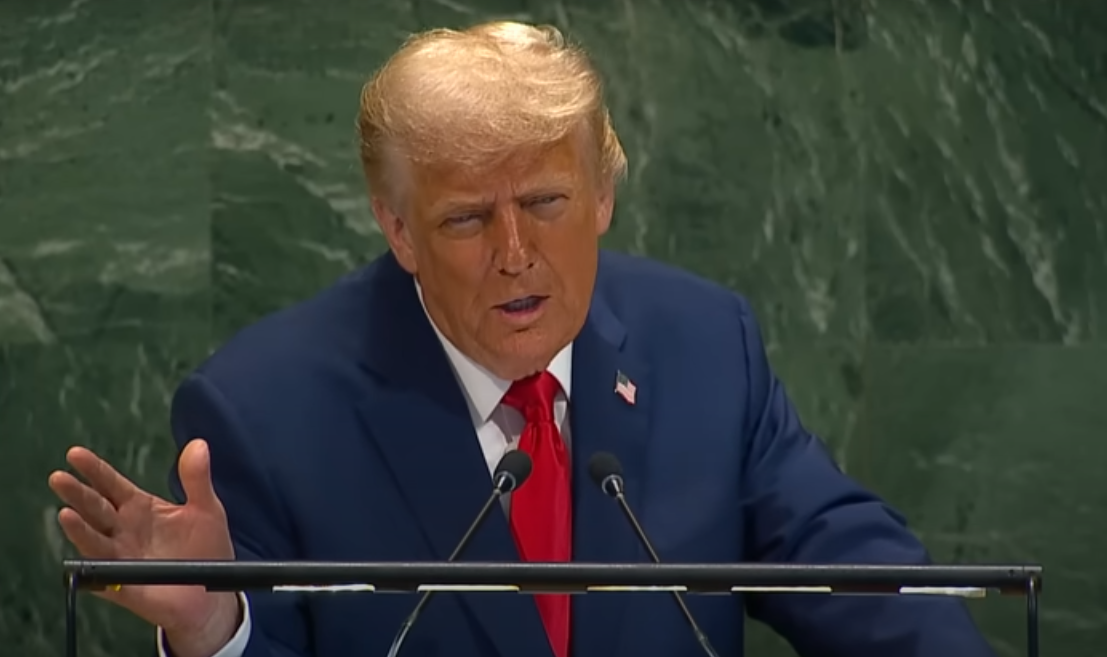
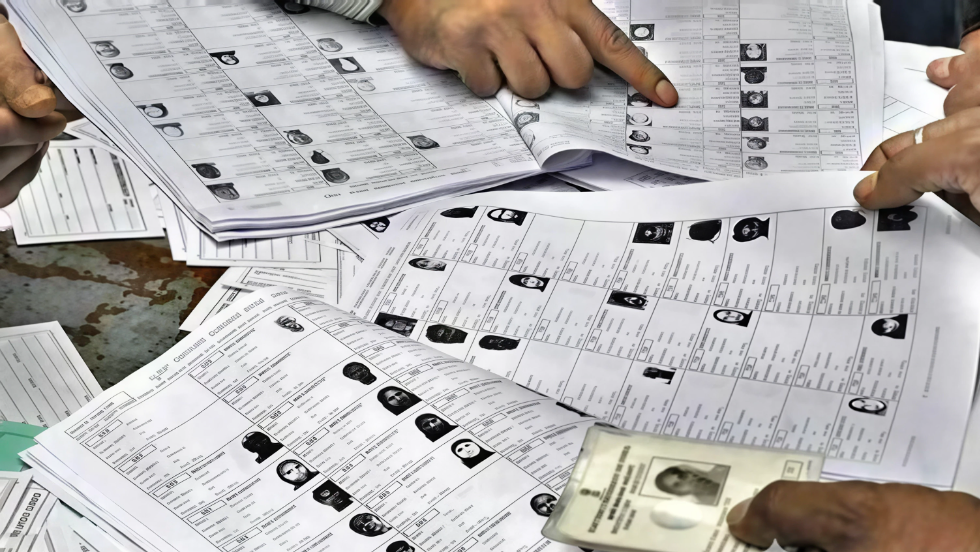
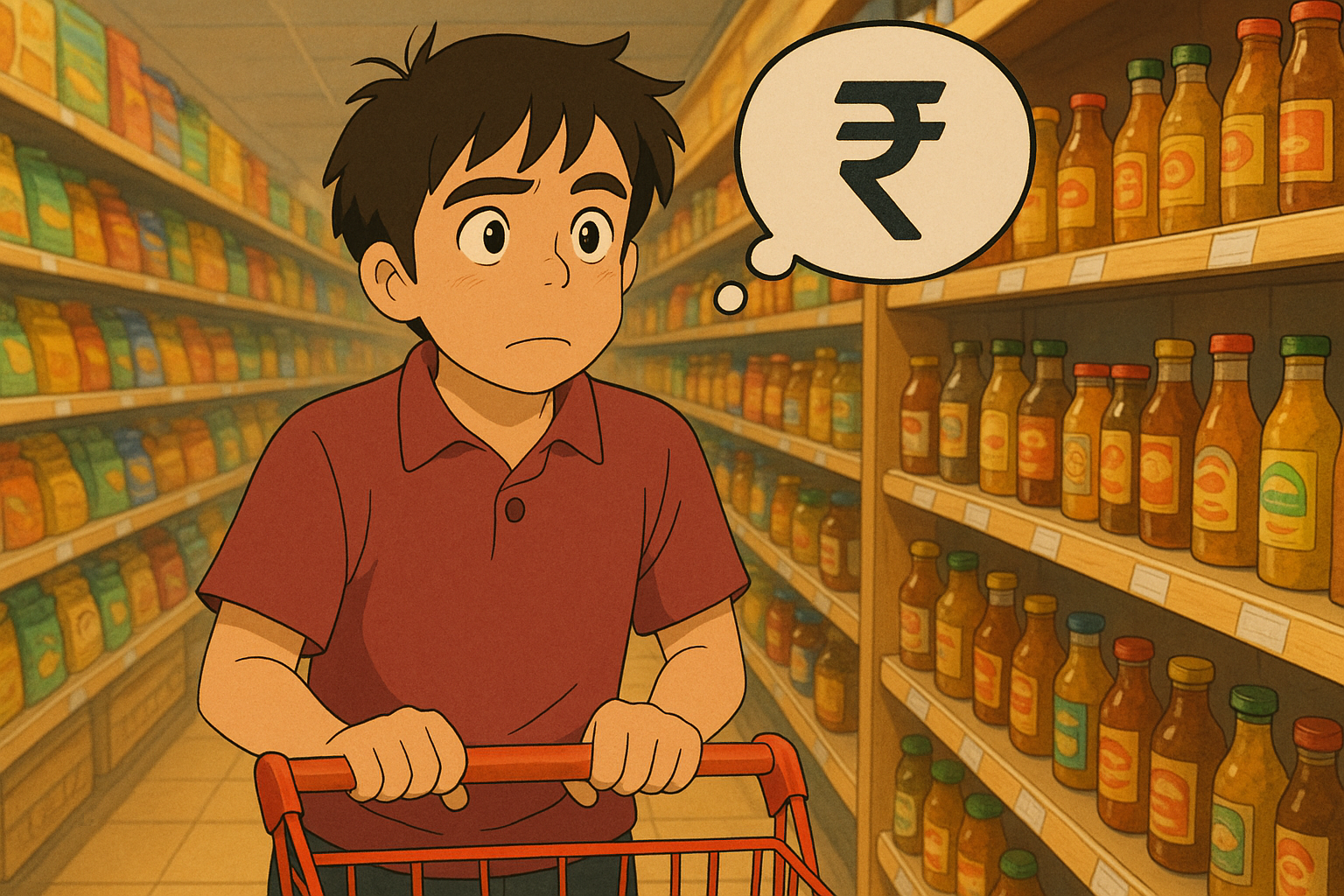
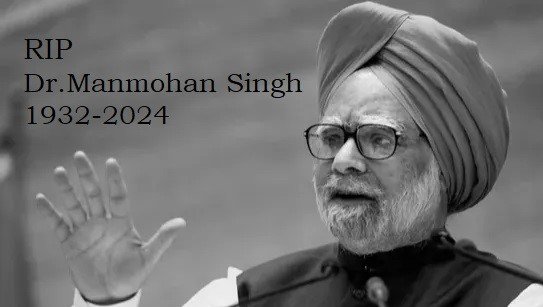
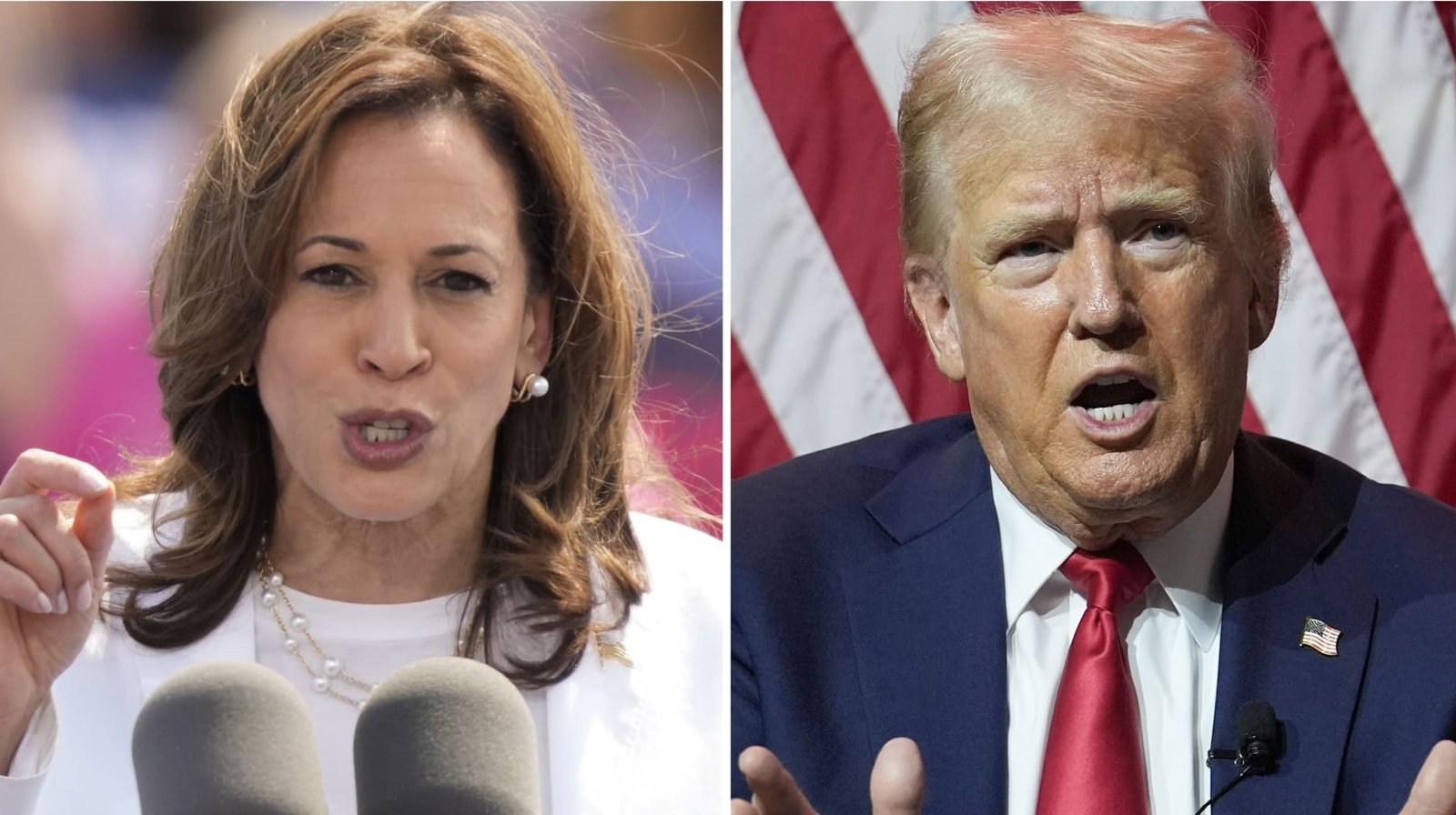
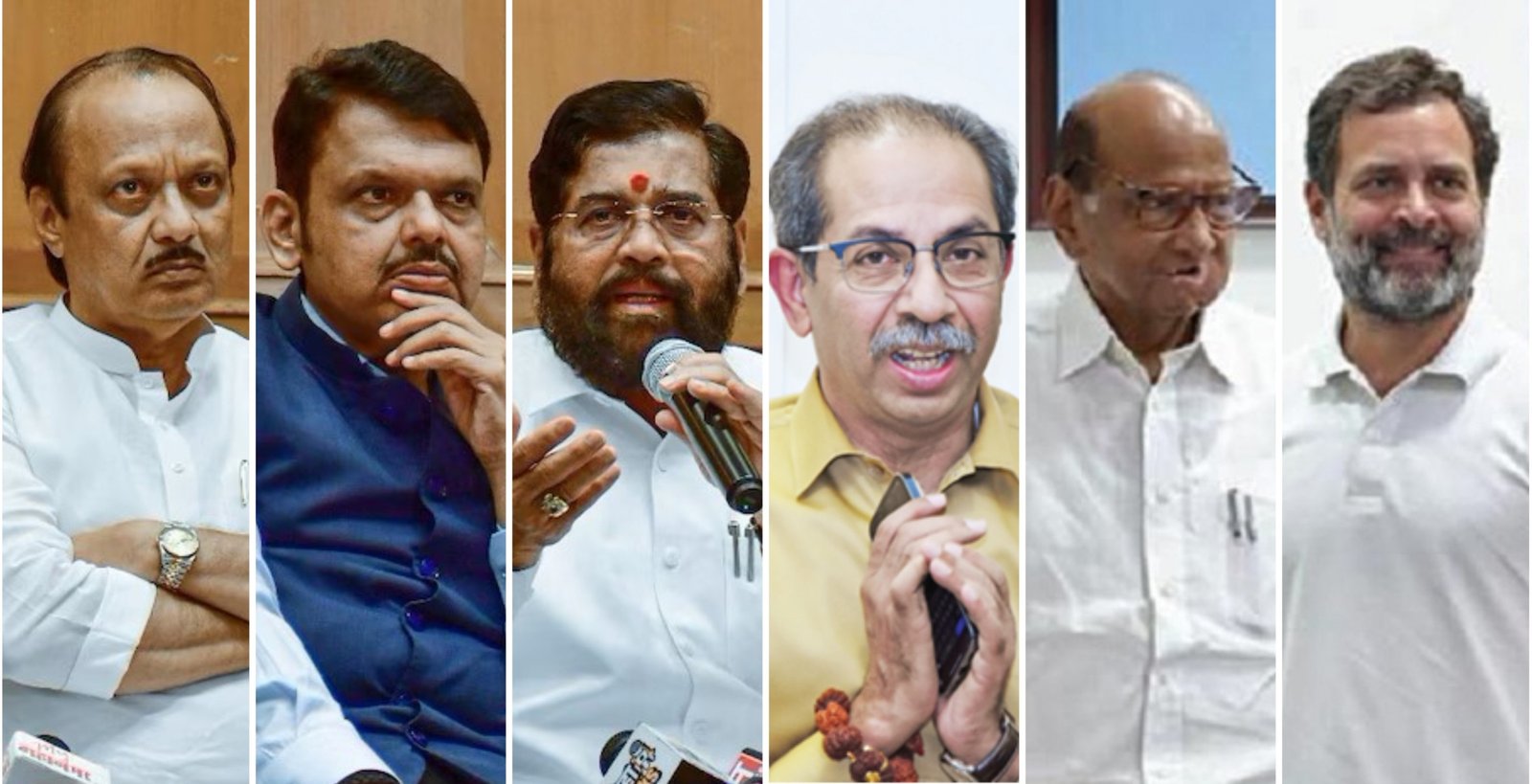
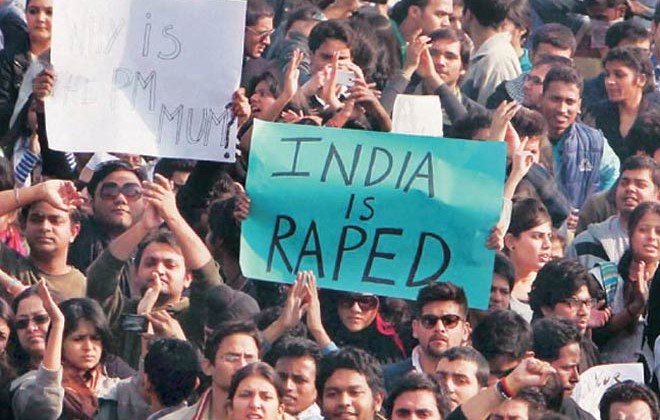
Reporter
Rommel is our Editor. He has close to three decades of experience in leading publishing houses including, Fortune India, Observer of Business & Politics, The New Indian Express etc.
View Reporter News